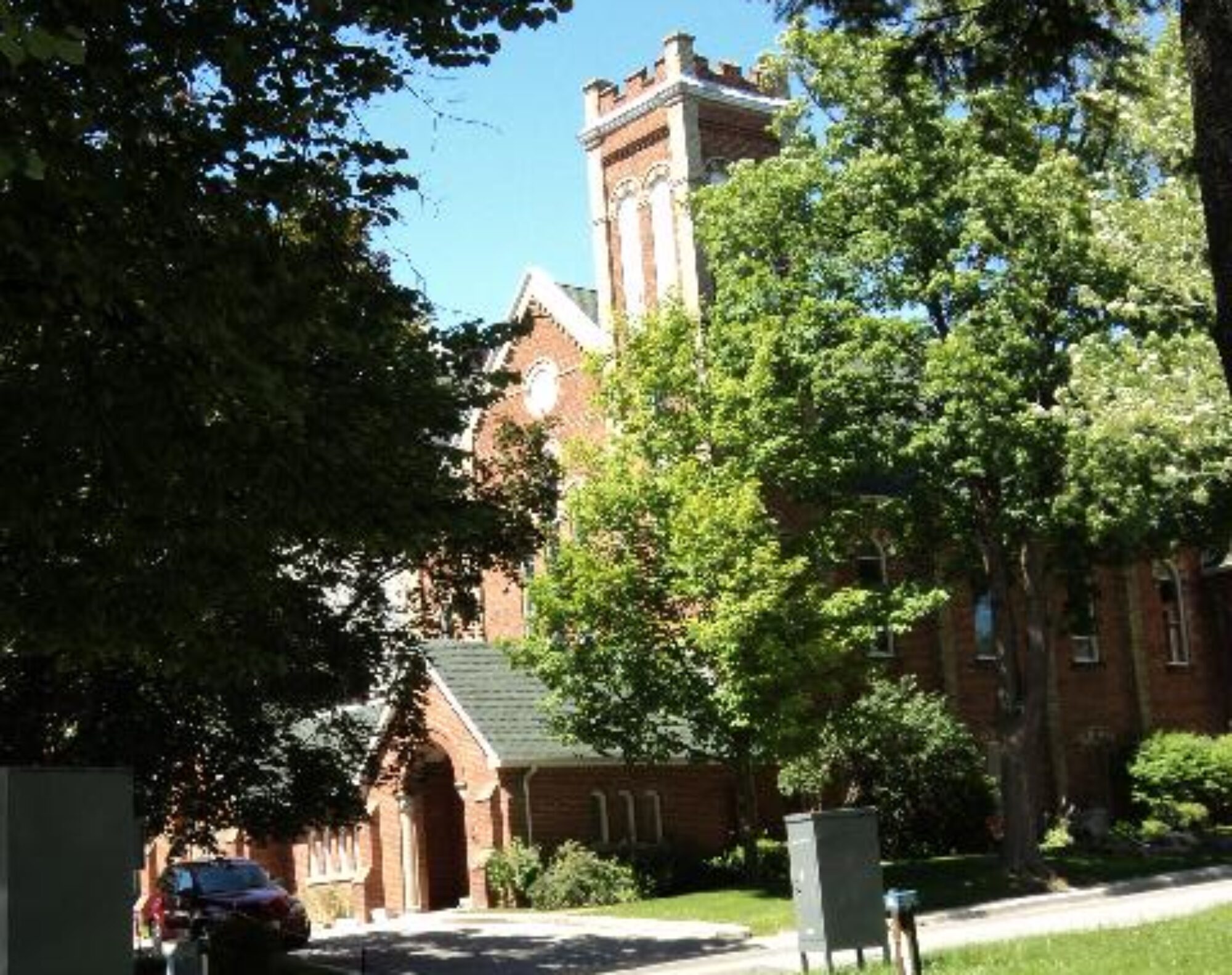“Therefore confess your sins to each other and pray for each other so that you may be healed. The prayer of a righteous man is powerful and effective. Elijah was a man just like us. He prayed earnestly that it would not rain, and it did not rain on the land for three and a half years. Again he prayed, and the heavens gave rain, and the earth produced its crops.”
James 5:16-18
If you are like me you often find the examples of great Prayer Warriors to be somewhat intimidating. “Historic Pray-ers” are held up an example for us, but they often seem to be people whose commitment to the Lord is beyond that of us ordinary mortals. Then there are the examples of people of prayer in the Bible and their example is even more intimidating. People like Moses, or Abraham, David, Daniel, Elijah, the Apostles, or any of the host of New Testament characters seem almost to be from another Planet as they engage in Ministries of Intercession.
In looking carefully at these people of prayer though we make an encouraging discovery. This is that they, like us, are mere sinful mortals. James tells us that “Elijah was a man like us.” What James means by this is that Elijah was a man who was subject to the same frailties and weaknesses as we are. The reason we find him or others like him so difficult to follow is because we focus our attention upon ourselves rather than the God who hears and answers prayer. Let’s take a look at what James tells us about Intercessory Prayer in these brief verses. First, in verse 16 he calls us to intercessory prayer, with the confession of sin, for one another so that we will be healed. This must be as natural a part of our life together as the Body of Christ as is breathing to our human lives. There is a presupposition here however. Intercessory praying requires that we be living in the will of God. Do we really want the will of God to become increasingly our reality? The power of prayer is not in the prayer itself it is in the God who we are praying to. James tells us that the prayer of a righteous person is effective to accomplish its purpose. James is pointing us to the will of God here. The righteous person is one who is dependent upon the Lord in every way. We are sinners redeemed through the merciful grace of Christ. We are not, nor can we ever be righteous in ourselves. Here is the precious truth here that James shouts at us. Neither was Elijah, or Paul, or Peter, or any of the other Biblical people righteous in and of themselves. None of those great historic people whose biographies we devour were righteous in themselves either. All of them were sinners like us, subject to the same frailties and weaknesses as we are.
Why then was their intercessory praying so much more effective than ours. I believe that James is telling us that they had learnt the secret of prayer. It must be a dependant casting of ourselves upon the purpose of God which is being worked out in Christ. Listen to how the Apostle Paul describes the righteous life of believers in Romans 12:1-2.
“Therefore, I urge you, brothers, in view of God’s mercy, to offer your bodies as living sacrifices, holy and pleasing to God – this is your spiritual act of worship. Do not conform any longer to the pattern of this world, but be transformed by the renewing of your mind. Then you will be able to test and approve what God’s will is – His good, pleasing, and perfect will.”
When you explore the passages in 1 Kings 17 & 18 regarding Elijah and prayer what is seen clearly is that this was a man who through prayerful meditation was seeking to understand and obey the Will of God. His prayer of intercession then became conformed to the will of God. This made the difference for him. If we join our voices to the Intercessory praying of the Lord Jesus Christ and the Holy Spirit, both of whom we are told are interceding for us according to the will of God the Father then our praying will have the same power as theirs, not because of us, but because of them. Charles Hodge puts it this way in a quotation shared by Kurt Richardson.
“It cannot be supposed that God has subjected Himself in the government of the world, or in the dispensation of His gifts, to the short sighted wisdom of men, by promising, without condition, to do whatever they ask. No rational man could wish that this was the case. He then asserted that the condition expressed in 1 John 5:14 is everywhere else implied: “This is the confidence we have in approaching God: that if we ask anything according to His will, He hears us.”” (Richardson, Kurt A., The New American Commentary on James, Broadman and Holman Publishers, 1997, p. 238)
